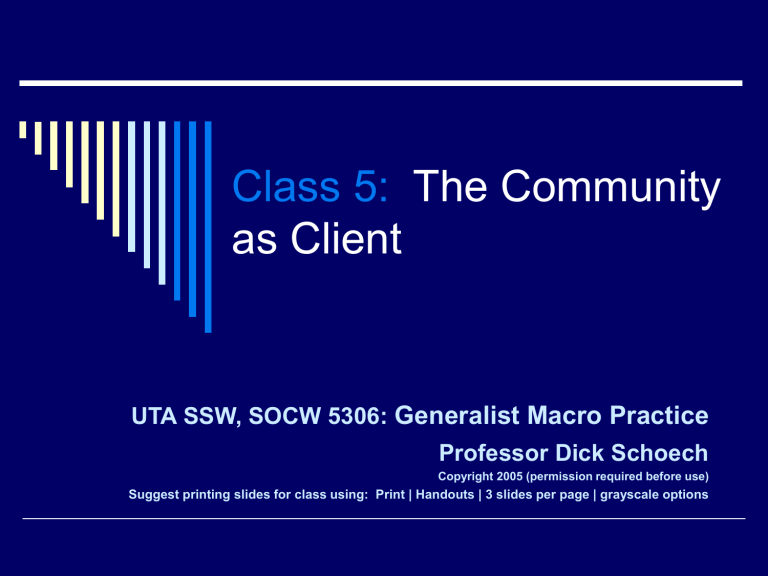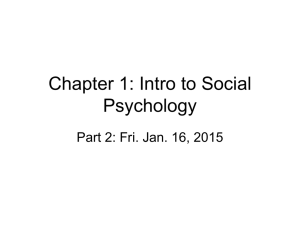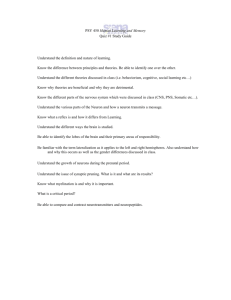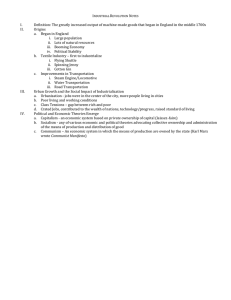Goals of Social work where community is client

Class 5: The Community as Client
UTA SSW, SOCW 5306: Generalist Macro Practice
Professor Dick Schoech
Copyright 2005 (permission required before use)
Suggest printing slides for class using: Print | Handouts | 3 slides per page | grayscale options
Review of Course
Generalist macro practice history, change process, roles, levels of intervention
Theories, values, perspectives
The community as client
Social conditions as problems/opportunities
Assessing social conditions
Intervening in social conditions
Administrative practices
Overview of Today’s Content
Definitions of Community
Relevant theories
Functions of communities
Changes occurring in communities
Organizations vs. Communities
Goals of social work where community is client
Definition of Community
A group of individuals or families that share certain values, services, institutions, interests, or geographical proximity (text, p. 260)
Shared physical space or interest
Social interaction
Sense of identity
A functional special unit that meets people’s sustenance needs, helps form collective identities, and patterned social interaction (Fellin)
Neighborhoods (geographical) vs. communities
Functions of Community
Socialization
Production, distribution, consumption of goods
Social control
Mutual support
Social participation (
Roland Warren ) (text, p. 261)
Theories for community
Ecological Social Systems
population characteristics
physical environment
social structures
Action theories – focuses on relationships, interactions, values, shared meaning
Power Theories – Focus on who influences or decides (text, p. 280.
Changes in Communities
( Warren, Fellin )
Urbanization, suburbanization, immigration (text p. 273)
Diversification of population
Minority populations younger (50% of Mex Am are below age 25)
Movement from rural to rapidly growing Urban areas
Transfer individual/family functions to govt/business, sewing, cooking, child care, elderly care, etc
Stronger ties to the larger community, (national, international, global village)
Changing values
(Divorce, blended families, violence)
New structures (virtual communities)
Community as Resource System
Focus on assets and capacities of
Governments
Religious groups
Professional groups
Social service agencies
Business/trade groups
Civic groups
Consumer groups
Educational organizations
Goals of Social work where community is client
Produce community that helps people cope and grow towards self fulfillment
Produce people who are functioning well physically/ psychologically/ socially/ spiritually
Produce people with little need for human services
Provides social services if needed
Community well functioning (course pack, p. 52)
Ontario healthy communities
( http://www.opc.on.ca/ohcc/ )
Neighborhood Knowledge LA
( http://nkla.sppsr.ucla.edu
/ )
Conclusion
Community is client and tool/resource
Societal changes result in communities causing problems
(client) rather than preventing or solving them
(tools/resources)
Social workers determine when to use 1+ of many community approaches to solve a social problem
Use generic social work process with communities
Terms: change agent, target system, client system
(stakeholders), action system. Text p. 266
Think of organizations in community practice as similar to individuals in family practice





